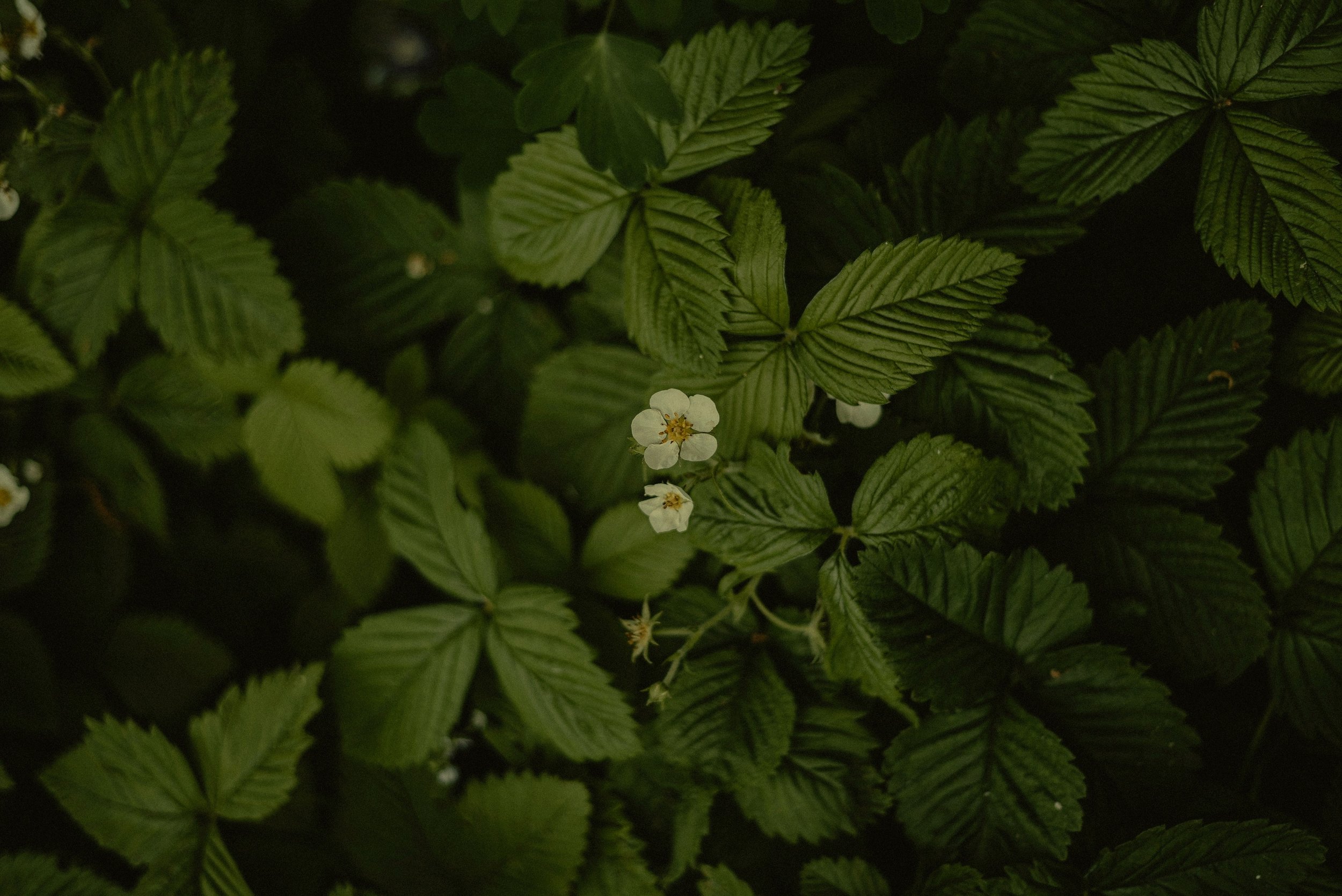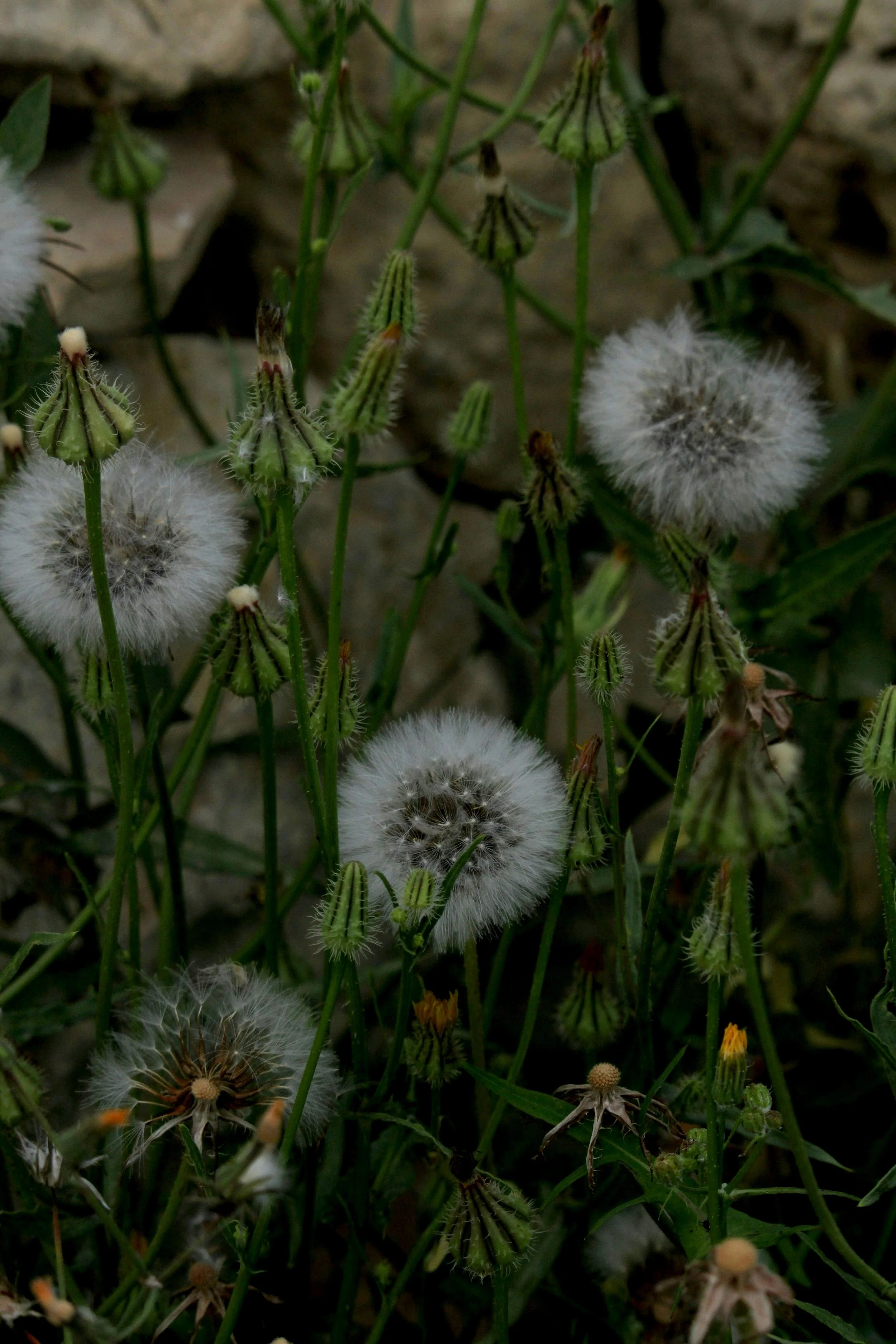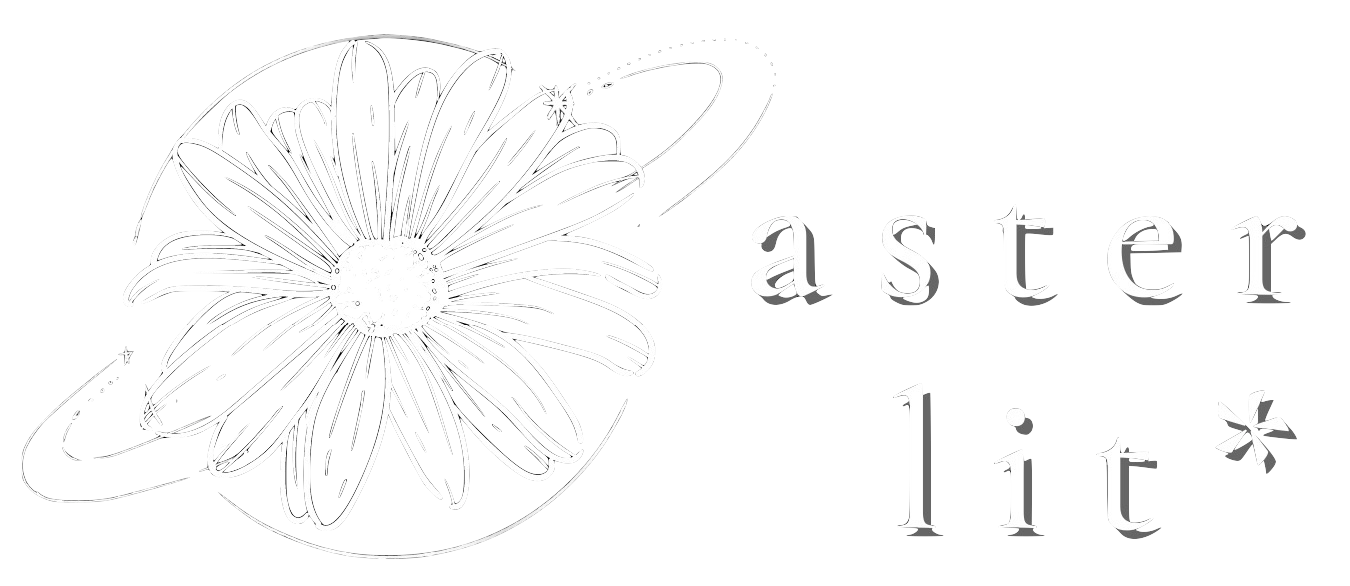
Aster Lit: translatability
Issue 12- Summer 2024
Q&A with Audrey Nguyen
This piece feels deeply immersed in familial bonds, tied together through a seamless blend of English and Vietnamese. How do you think the inclusion of multiple languages enhances a story? How would the tone/message of this poem differ (if at all) if all phrases were translated to English?
I think multilingualism in poetry and writing in general makes room for authenticity and representation. The jumping in and out between languages in this poem (as well as other multilingual poems) not only provides an accurate depiction of the thoughts and communication patterns in multilingual communities, but also embodies the struggles in navigating these different, and sometimes even contrasting, identities and beliefs that comes with the different languages. The Vietnamese words in this poem were specifically chosen to be those that hold a lot of sentimental and cultural weight, such as words for family members, or words for traditional items and practices of the Vietnamese Lunar New Year called “Tết”. Such words carry the unspoken ties of familial bonds of cultural background that underlie the predominant and omnipresent English environment of everyday life. Moreover, these words represent my personal core memories of moments when I felt deeply connected to my family and culture. To me, writing about these moments with Vietnamese words gives the poem another layer of emotion, making them much more vivid. Therefore, if these words and phrases were fully translated into English, I think not only would such sentiments and connections become lost, but an important part of this hybrid identity and its inherent conflicts would also be erased.
Another captivating aspect of multilingual poetry to me is the difference in interpretation between different groups of readers. For multilingual poems, there is always a group of “ideal readers” who will be able to understand and resonate with the original poem in its entirety. On the other hand, “non-ideal readers” will only be able to experience the poems in fractions, almost as if reading blackout poetry. These gaps themselves are still poetic, a constant reminder of meanings just beyond reach, as well as the hidden complexity of multilingual and multicultural experiences. The movie “Past Lives” also conveys this aspect very well with a quote: “You dream in a language I can’t understand. It’s like there’s this whole place inside you I can’t go”.
You choose to break up this poem with the evocative line, "I correct: Things change around a constant." What is the significance of this split? How does the juxtaposition of change and consistency contribute to the overall message of your poem?
At first glance, what I think most people would extract from this poem is the contrast between the desire for change and the reality of consistency, especially in the first half of the poem which centers around a conversation where everybody wishes things could be different. However, even in this conversation about change, there is still a subtle entanglement of little consistencies that are actually deeply fundamental: the traditions, the familial routines, the habitual worries, even the conversation and desire for change themselves are among these recurring factors. It is these constants that provide a sense of familiarity and comfort, setting the stage for this talk about change to begin with, even if nobody could realize this when fixated on their own ideas for novelty. Even the name of the poem can convey this idea as well. It is a Vietnamese tradition - or at least in my family - and wordplay to eat bitter melon soups for the Lunar New Year. Because the name of bitter melons in Vietnamese also means “hurt shall pass”, eating bitter melon soups is almost a prayer for change, for a new year free of any hurt or pain. We follow traditions to wish for change, and then come back to it every year to wish for the same thing again. This split, to me, is the point of realization, the essence of the piece. This is a moment of peace and silence away from all the noise of the literal and figurative talk about changes. I think this realization of the interweaving nature between consistencies and changes and desires for different changes is a common but important experience for multicultural communities, in a way embodying our internal struggle to balance these complex sides of our personhood - what do we leave behind, or embrace, or accept, or fight against?
This poem feels rooted in both connection and constrainment. "We all want to leave this all behind" is contrasted with "Ngoai sets the tone for our year. Ngoai's the luck pioneer." Beneath the sentimentality of family traditions, do you feel there is an element of frustrating stagnation? If so, why do you choose to interweave the nostalgic aspects of family life with the desire to escape?
Firstly, this is such a great and thoughtful question. Secondly, in a way, yes. When I was writing this poem, I actually had moments of going in and out of appreciating the deep connections with my family and cultural heritage, and then wanting to be free to truly explore and express myself without the guilt of making my family worry or challenging some of my roots’ beliefs and sentiments. The constant talk about change here is also representative of generational burdens - wishing for change and even vowing to do better, only to realize the cycle will keep being passed down to another generation, unless there are fundamental efforts to create the change. But as I said above, the desire here isn’t entirely to escape from family and culture altogether, but rather the desire for balance and internal harmony. That is why such a desire is being interwoven with the nostalgic aspects of family life and traditions. Ultimately, this poem is still a poem about family, about roots, about connections. This is an ode to the women in my family, my language, and my culture. It is the generational burden that is the object of the desire to change and escape from.
for "I (/ai/) n. : Erased – a Google search:"
How do you feel AI will progress alongside humanity's creative ventures and how we see ourselves as artists?
In terms of art, I’ve always been impressed and fascinated by the way different ideas have been generated and developed by people over centuries, and especially the reinventing cycles to execute old ideas in entirely new and different ways. And while I think AI can be trained to make art similar to existing works, ultimately it can only learn from and mimic what it’s being fed. To me, AI hasn’t (at least not yet) had to ability to truly create new ideas or new executions of old ideas. However, the convenience of AI-generated art saturating creative spaces has somewhat erased the authenticity and intimacy that is inherent in human-made art. Moreover, the process of making art contributes greatly to the finishing product. This is especially true in modern and/or performance art pieces in which the process of art making becomes the actual art piece, as well as the interactive and ever-changing nature of it. Or even in poetry, the finishing product is not only the manifestation of raw emotions and thoughts, but also the journey of such internal experiences that cannot be rationalized or computerized. These internal experiences require, at base levels, consciousness, which AI has and probably will not have access to any time soon. Moreover, I believe such internal, subjective experiences are the reason why people in general have a pretty good sense of distinguishing good, genuine art from others. Thus, I personally don’t worry a lot about the complete erasure or replacement of artists in the age of AI.
The poem progresses from, "can/ai/" to "fake/ai/" to finally, "ai/am/." Do you see this as an expression of surrender, acceptance, or something different altogether?
To me, this transition throughout the poem represents the stages of questioning one’s existence and humanity in online spaces where there is an oversaturation of information, fabricated identities, and a lack of physical evidence for any form of life. Growing up on the internet has exposed an overwhelming amount of information to my mind, to the point where everything I experienced online and in real life seemed to be blending into each other. There were times when I had trouble remembering or distinguishing between these experiences, leading to lingering confusion about what was real and what was not, especially in the age of AI-generated information. Knowing that the databases of these search engines, social media platforms, and AI generators have most likely seen infinitely more pieces of almost everybody’s life has also made me question my own existence in those online spaces. Have I become just another post, another face, another number? Can people differentiate me from others? From bots? Am I fading away into a never-ending spiral of xeroxs of xeroxs, of people and non-people pretending to be someone they’re not? Am I “existing” enough to be recognized as a real person when I don’t share pictures of myself? Thus, the progress from, "can/ai/" to "fake/ai/" to finally, "ai/am/." mainly explores these different questions, from questioning reality, to questioning authenticity, to questioning personal existence and humanity (with a hint of anxiety, but not fully an expression of surrender or acceptance in my opinion, but I still can see how it can be interpreted as that too)
What does being "erased" mean to you in the context of this poem? You may interpret this as broadly as you'd like.
As I explained above, I think in the context of this poem, "erased" means loss of identity, sense of self, and sense of existence when faced with a virtual reality on the internet. But as I was answering the question regarding AI’s effects on humanity's creative ventures and how we see ourselves as artists, I think it can also be interpreted as the erasure of authentic art and thus genuine artists in a space that is oversaturated with AI art. This interpretation goes quite well with the progression above as well: "can/ai/" to "fake/ai/" to finally, "ai/am/ erased." can also be stages of surrendering to the invasion of AI art as an artist, beginning with doubting AI’s ability to create meaningful genuine art without internal consciousness, to discovering AI art generators, and finally giving into the plethora of AI art flooding out the work of real artists. Or, interpreting this poem as written from an AI algorithm’s perspective is also appropriate and interesting, which shows the process of the AI algorithm questioning and then coming to terms with its own lack of consciousness and sentience.

